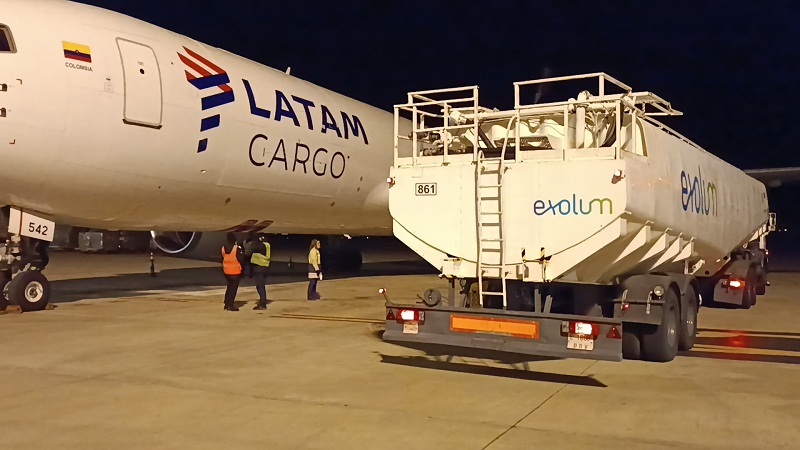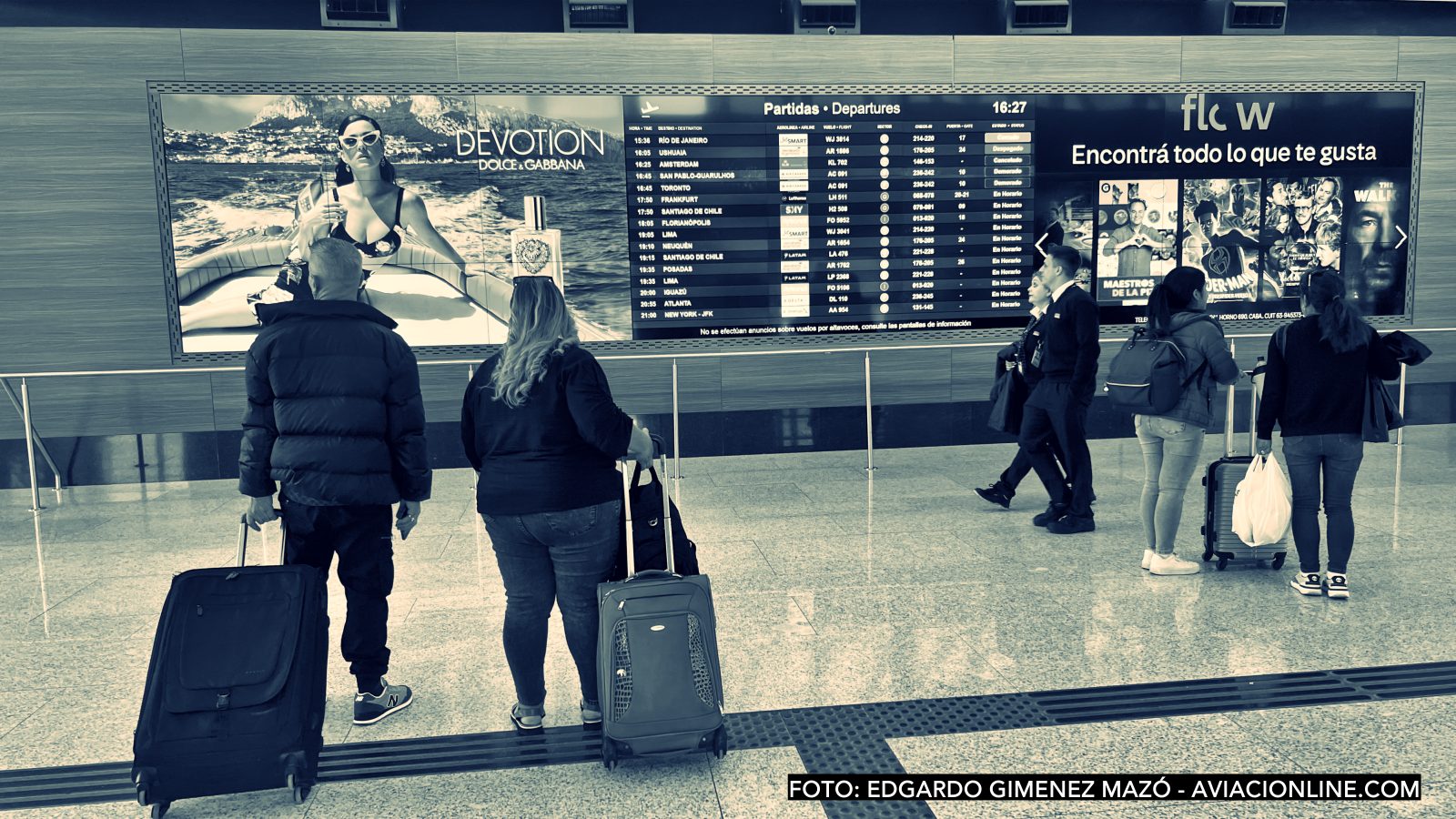IATA at 42nd ICAO Assembly: SAF, Safety, and Pilot Age Among Top Priorities
The International Air Transport Association (IATA) has laid out its roadmap with high expectations for the 42nd Assembly of the International Civil Aviation Organization (ICAO), set to take place in Montreal from September 23. The association's agenda focuses on three pillars: operational safety, sustainability, and efficiency, seeking a constructive dialogue to strengthen global standards.
"The work that ICAO does is critical to international aviation," stated Willie Walsh, IATA's Director General, during a press conference. "It's appropriate that we have standard procedures and practices that cover the global aviation field, and that's the primary purpose of ICAO".
IATA will submit 14 working papers addressing the industry's most pressing issues. The goal is to secure commitment from ICAO's 193 member states to effectively implement existing agreements and map out a clear work plan for the next three years.
"We're particularly keen to update the assembly in relation to some of the critical issues... including the efforts of the industry to accelerate our work in the area of environmental impact," Walsh added.
Sustainability: Harsh Criticism on Lack of Progress in SAF and CORSIA
Sustainability drew the sharpest criticism from IATA. Willie Walsh said he was "disappointed at the progress that has been made in relation to the production of SAF" and stated that at the current pace, he does not believe the 5% SAF usage target for 2030 can be achieved.
Walsh heavily criticized mandates in the European Union and the UK, asserting they have led to a "significant increase in fuel costs for airlines" without translating into a real production increase. He charged that "money that could go towards the purchase of SAF is actually being diverted into profits for the fuel supply companies, which is clearly unacceptable".
Marie Owens-Thomsen, IATA's Chief Economist, explained the problem is economic: while fossil fuel projects yield 20% returns, renewable energy projects are around 5%. "We need the policymakers to help us bridge that 15-percentage-point gap," she said, noting that the right incentives, like those in the U.S. Inflation Reduction Act, can make SAF projects profitable.
Regarding CORSIA, the global carbon offsetting scheme, the situation is critical. Walsh highlighted that as of today, "only one country, Guyana, has made available to the industry the CORSIA eligible units" that airlines are obligated to buy. Owens-Thomsen clarified the delay is due to bureaucracy and the fact that states have the option to sell or retain these credits, while airlines have an obligation to acquire them.

Safety and Regulation: From Accident Reports to Pilot Age
On safety, IATA expressed grave concern over non-compliance in publishing accident reports. Walsh revealed that "about 43% of the accidents and incidents that took place between 2018 and 2023 have not yet published a final report". He insisted these reports are a "critical input into the assessment and knowledge sharing that the industry undertakes to ensure that these incidents and accidents aren't repeated".
Regarding the proposal to raise the pilot retirement age to 67, Walsh refuted that the main reason is the pilot shortage. "It's not really about that," he said, "it's about making decisions based on data and proper risk assessment". Nick Careen, SVP of Operations, added that in countries with no age limit like Canada, Australia, and New Zealand, "we've seen no increase in safety incidents associated with age".
As for the Radio Spectrum and GNSS Protection, IATA calls to protect critical aviation frequencies from 5G network interference and to improve coordination to mitigate the rising incidents of jamming and spoofing of the Global Navigation Satellite System (GNSS) near conflict zones. It also requests for a more realistic mechanism to set applicability dates for new mandatory aircraft systems, considering certification delays and supply chain issues.

Consumer Protection and "Shared Accountability"
IATA is calling for a review of the current approach to consumer protection, arguing that regulations like EU261 from 2004 no longer address today's problems. The association is promoting a model of shared accountability.
Walsh provided a clear example: "the closure of Heathrow Airport due to a power failure caused total chaos... The airlines had no responsibility, yet the regulation forces them to compensate passengers without being able to recover that compensation from the one who caused the problem". Finally, he recalled that any compensation cost paid by airlines "will ultimately be reflected in ticket prices".
In this regard, it requests that States align their regulations with the ICAO Fundamental Principles to avoid the current patchwork of regulations.
IATA also expressed concern over two key regulatory areas. Firstly, it rejects a proposed revision to the UN Model Tax Treaty that would allow an airline's corporate taxes to be based on where revenue is earned. According to the association, this would create a huge administrative burden and a risk of double taxation, calling instead to maintain the current residency-based system.

/https://aviacionlinecdn.eleco.com.ar/media/2024/07/Dubai-pasajeros-generica-A380.jpg)
Para comentar, debés estar registradoPor favor, iniciá sesión